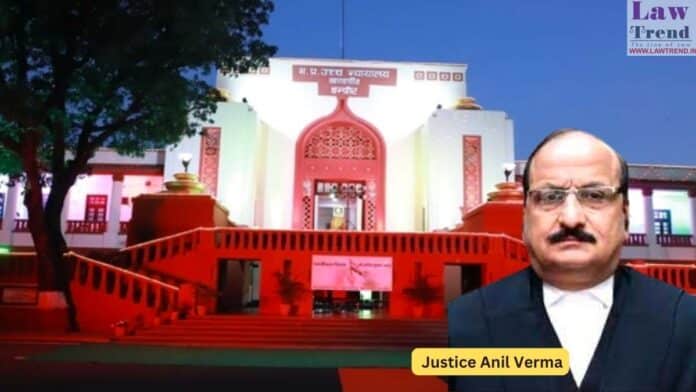In a recent judgment, the Madhya Pradesh High Court, Gwalior Bench, dismissed a writ petition filed by Lakshmi Kant Sharma, a candidate for the post of “Madhyamik Shikshak” (Class-II Secondary Teacher) in English. The petitioner sought to challenge his disqualification for the teaching position based on his academic qualifications. The court, however, upheld the state’s
To Read More Please Subscribe to VIP Membership for Unlimited Access to All the Articles, Download Available Copies of Judgments/Order, Acess to Central/State Bare Acts, Advertisement Free Content, Access to More than 4000 Legal Drafts( Readymade Editable Formats of Suits, Petitions, Writs, Legal Notices, Divorce Petitions, 138 Notices, Bail Applications etc.) in Hindi and English.




